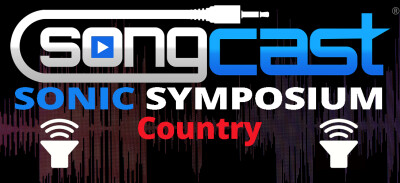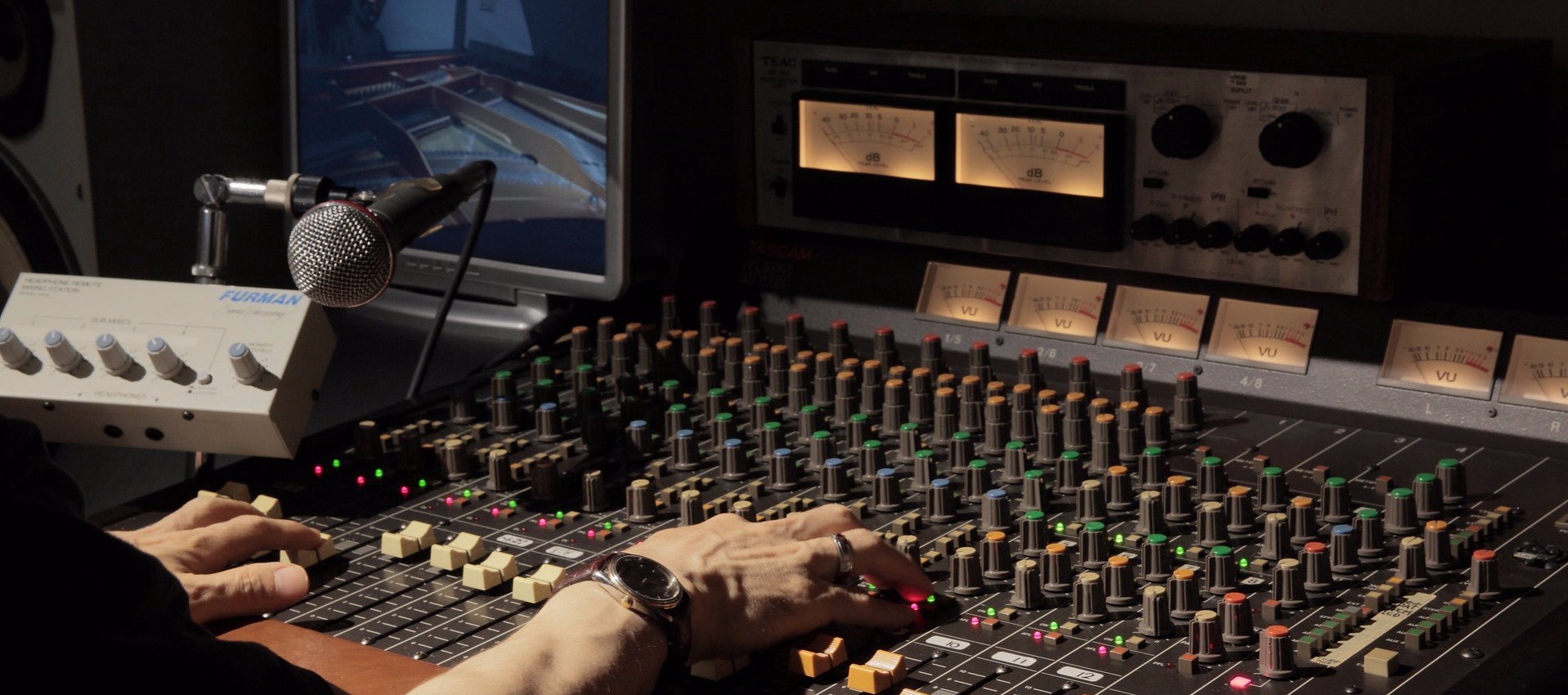It’s so commonplace that it would be unusual if you hadn’t ever asked a friend for free recording help or graphic design. When you’re a young musician, you can’t be expected to master all the disciplines needed to make, record, package, and design your music releases. You’re going to have to turn to friends. It’s also meaningful to work with your friends who are engineers, photographers, cinematographers, and graphic designers. You’re not in different scenes. You’re all in the same scene. Exchanging freebies with friends supports everyone. For a while.
It’s impossible to put an exact expiration date on the freebies but a pretty good rule of thumb is around the time you all start getting paid for professional work. Once your recording engineer friend is charging others for their work, you’re costing them money when you request a freebie. Maybe there’s someone in your band who’s getting paid for their visual art. That person is going to have less motivation to trade their freebies as well.
Let me try to convince you to get off the freebie train sooner rather than later. There is a really easy measurement to know when you’re ready to start paying the pros: when you’re serious about your music.
If you’re serious about your music, you don’t want freebies
There are two major reasons you don’t want freebies when you’re serious about your music:
1. You’re not getting the best work of your benefactor
Paying someone for their time allows them to focus on your project. In our gig economy, we’re all hustling. Even if we want to do a freebie for a friend, if we’re not being paid, we’re likely to be worrying about the gigs we’re missing. You don’t want a distracted producer or photographer.
2. It isn’t going to go the way you want
The real dirty secret of freebies is that they usually don’t go the way you’d like. I’ve spent frustrating nights in recording studios when we couldn’t get anything to sound good. I’ve built websites for people who didn’t like the final product. When those freebies go awry, we’re sometimes farther away from the goal than when we started. And if we had a deadline to begin with, it’s even tighter.
So when you’re serious, and you want good work, you have two choices:
Do it yourself
After you’ve financed a couple of recordings through the charity of friends, asked friends to make a few videos for you, and traded a few tweets of support for a photo session, you need to start paying attention to the details.
Where’s your friend, the pro or semi-pro, placing the mics or the camera? What software do we need to record? How much does an adequate camera cost?
The reason to pay attention is so that you can learn how to do it yourself or at least learn what you might be able to do yourself. This requires a lot of failure and patience when you’re learning how to do something that isn’t your primary interest. So be prepared. You’re figuring out where the limits of your ability intersect with your baseline of quality control.
You might not be able to record as great an album by yourself as you could in a professional studio but you might be able to make a great EP. Maybe you can’t shoot a perfect live video but you can probably find a middle ground between your expectations, a decent GoPro-like camera, and some easy iMovie post-production.
The point is to exploit your limits and find where you can achieve a minimum acceptable product within them. And then, where you can’t meet the quality you want, hire someone.
Hire a pro
Knowing your limits is an important part of productive creativity. Time is a limit. Equipment is a limit. Your specialized knowledge is a limit. When you’ve maxed those out, it’s time to hire a pro.
The relief you’ll feel at putting a specialized task in the hands of a specialist is invaluable. Even if you get pretty good at home recording, you might want to hire someone else to mix your recordings. If you’ve got a visual artist in the band, you might still want to pay someone to put that art into a graphic design for your album cover. If you’ve done a good job of figuring out what your limits are to achieve your desired results, then you’ll start to learn when it’s time to turn it over to a professional.
Back to your friends who gave you freebies: hire them where you can. The best part about hiring your friend — the pro — to do professional work is that you validate their art. You contribute to the great circle of patronage that keeps us hustling from gig to gig. Even if you can’t pay them what they’re worth (or they don’t charge you what they’re worth), it’s better to pay than not. You’ll all feel better about the time spent on the project.
None of this should give you the idea that I’m a righteous benefactor of professional friends. I’ve selfishly accepted freebies long after I was serious enough to know better. But I’ve tried to give as well as I got even if I couldn’t repay the same friends who gave to me. I think that’s all we can do: give where we can and share what we know. Where we hit our limits, hire.












































Comments
No comment